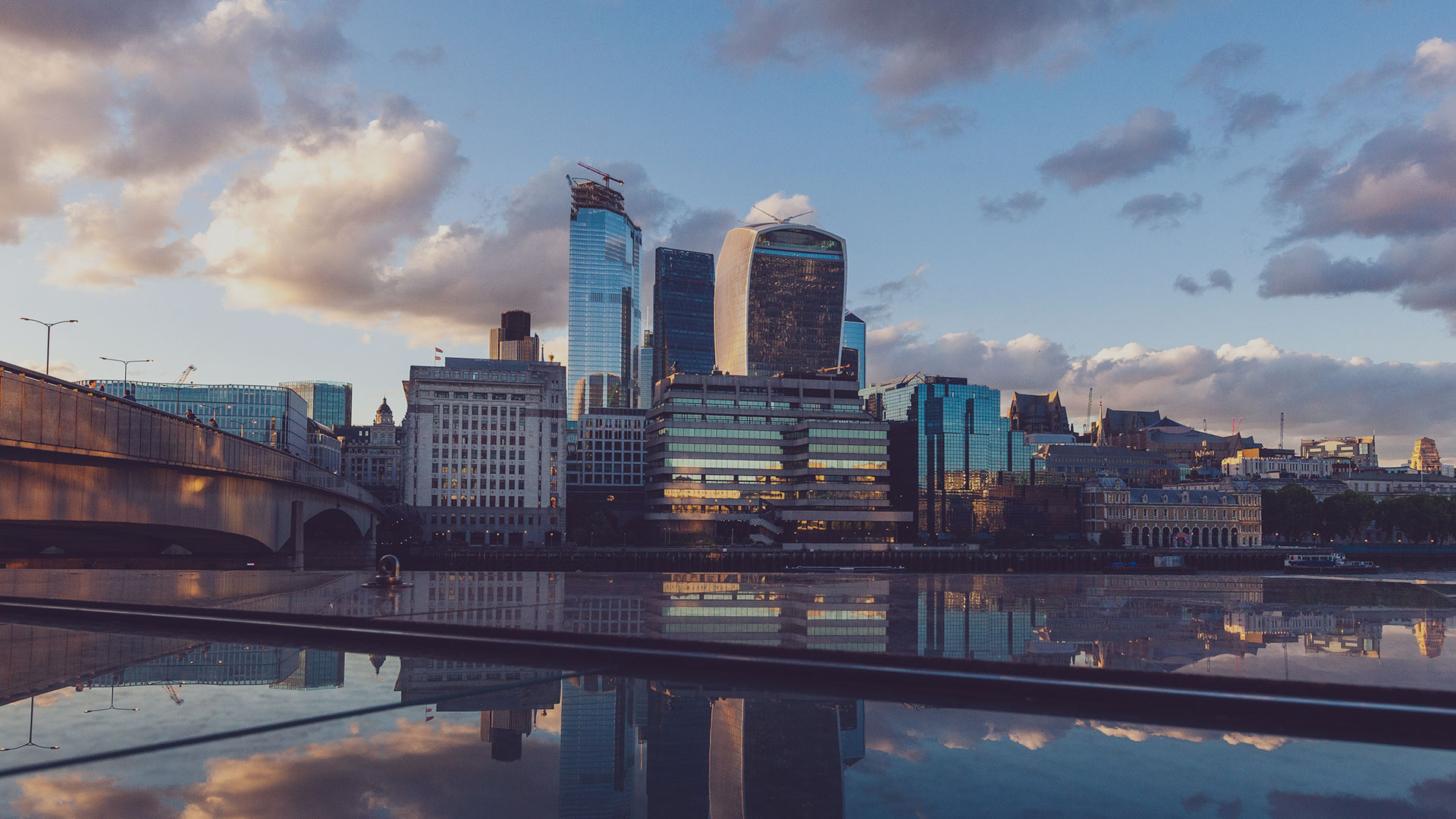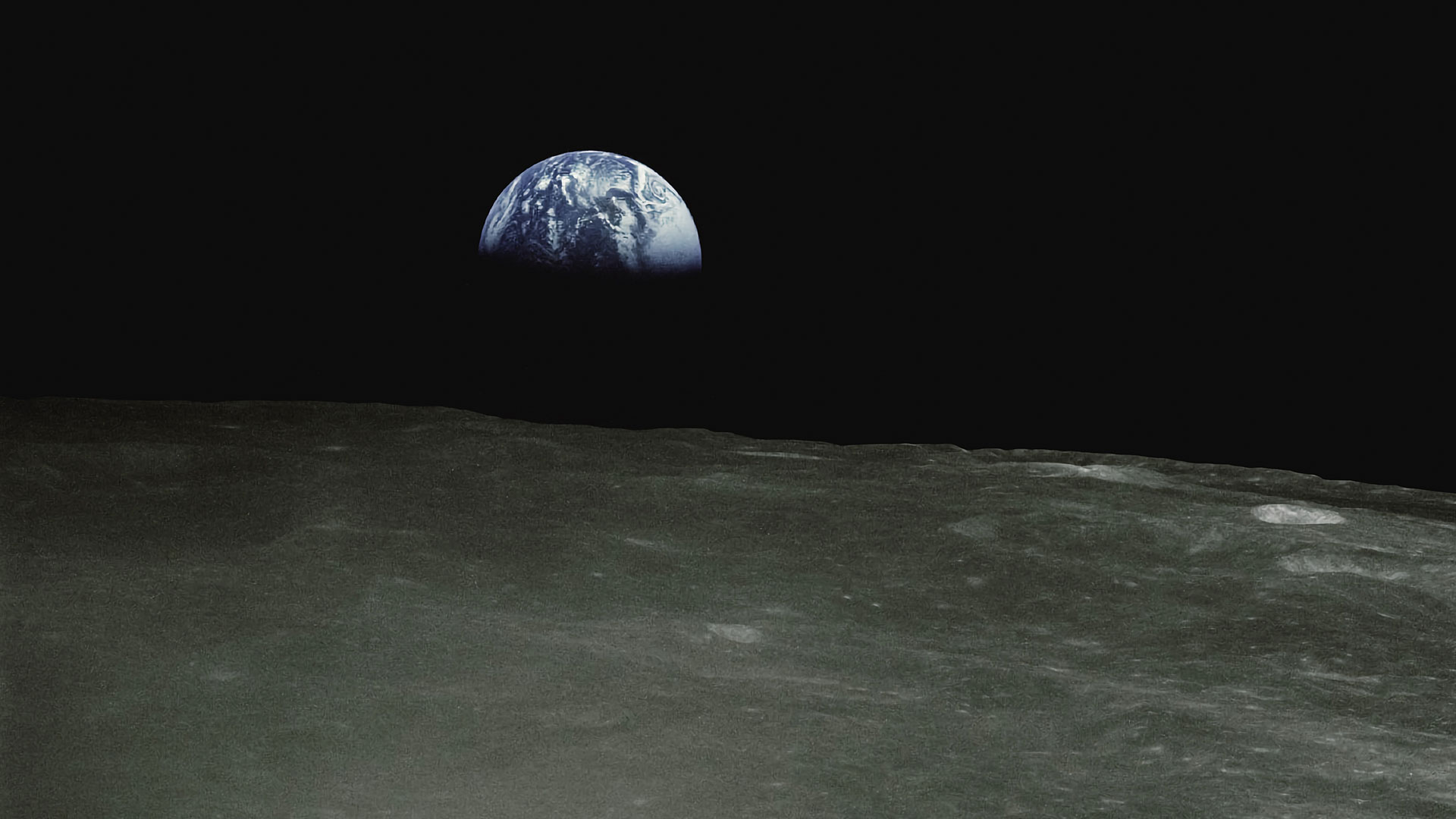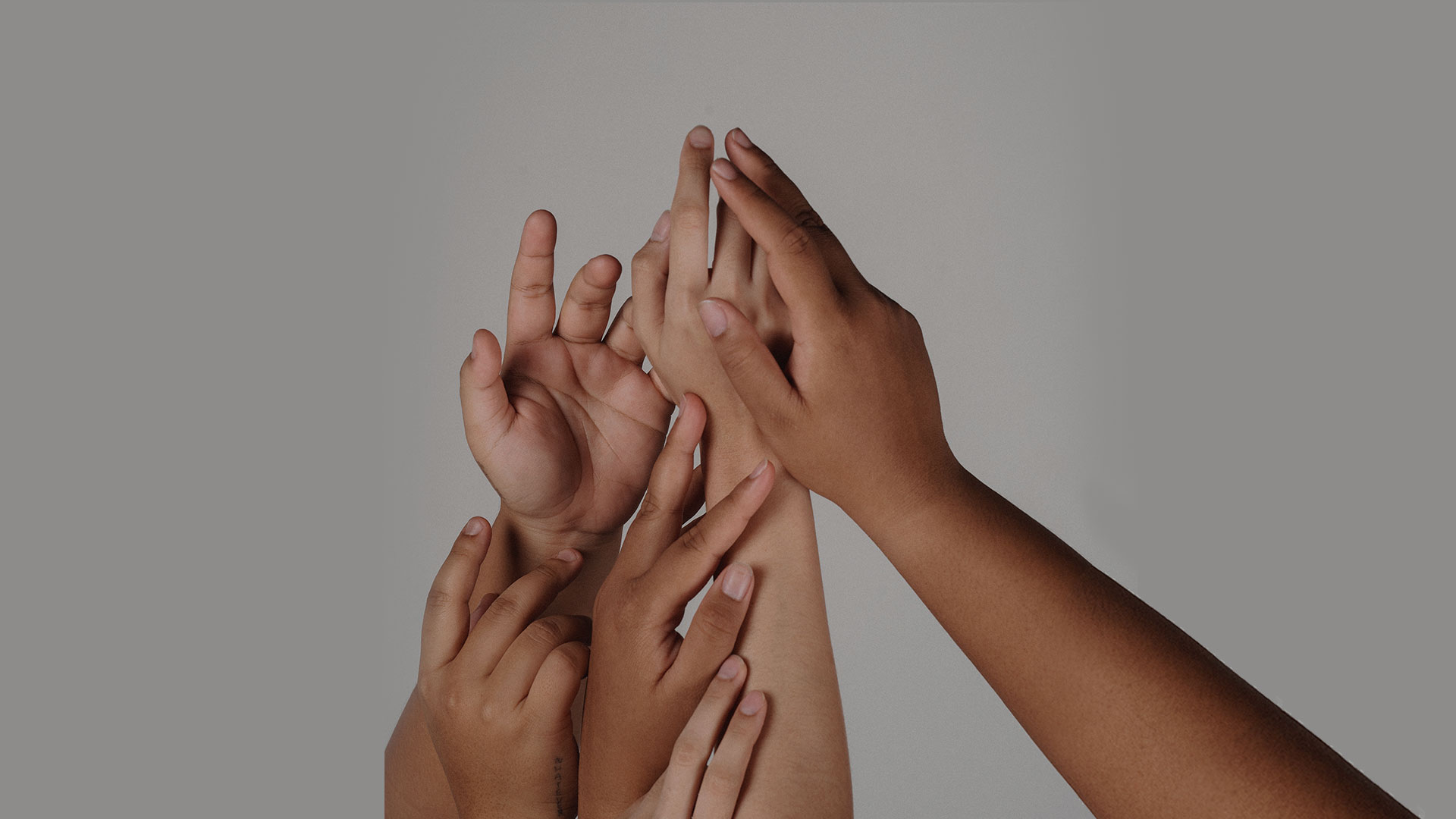DIALOGUES
The Scotia Group Dialogues
The Scotia Group has partnered with Friends to convene each of these Climate Majlis Dialogues and the aim of these discussions is to champion key areas relating to the rule of law, which policy experts believe could be harnessed to positively ‘move the dial’ and help avoid a 1.5°C rise in global temperatures by 2030.
Disclosed below are brief summaries of the dialogues and majlis that took place from the 21st of April to the 21st of October 2021 to bring to light the scope of the Scotia Group and unveil the variety of discussions members and friend institutions have deliberated.
THE FIRST DIALOGUE
What is to be done? »
Apr 21, 2021
The Scotia Group was set up to make a contribution to finding that solution. More specifically, it is aimed at COP26, the climate change conference that will be held in Glasgow in November. The aim is to bring together experts from as many domains as possible to reach a consensus on how the world’s political leaders can agree strategies to curb carbon emissions in the years that remain before we all arrive together at the point of no return. The group will hold seven meetings in the run-up to COP26, and we will issue a communiqué after each to outline what has been agreed. The first of these was held online on the 21 April under the auspices of the Transatlantic Leadership Network (TLN), and addressed the foundational issue of how a multitude of diverse groups and interests among governments, corporations and communities can be reconciled in the same framework.
Available to view here
THE SECOND DIALOGUE
Linking arms: How to Harness the Power of the Regions »
May 21, 2021
Can COP26 lead the way to significant reductions in greenhouse gas emissions before 2030?
As students of political history know, the best time to bring nations together and agree radical changes to the international order is after a horrific war. From the Peace of Westphalia to the Congress of Vienna, Versailles to Bretton Woods and San Francisco, it seems that continents have to be laid waste before governments are able to see that diplomacy can be more than the pursuit of national interests in international contexts.
Available to view here
THE THIRD DIALOGUE
Institutional Action »
June 24, 2021
The third Scotia group dialogue was held online in partnership with St Andrews University in Fife.
The purpose of the 26th United Nations Climate Change Conference is the same as those that came before it: to allow those states that are parties to the UN Framework Convention on Climate Change to review and amend that Convention. So, the Conference of the Parties is, as the UN describes it, the supreme decision-making body of the Convention: in effect, it is both a legislature and an executive, and what it will ultimately produce will be an instrument of international law.
Available to view here
THE FOURTH DIALOGUE
The struggle against climate change: Can Britain find a leading role? »
July 21, 2021
A little over a fortnight before the UN’s Intergovernmental Panel on Climate Change published the first instalment of its Sixth Assessment Report, Climate Change 2021: The Physical Science Basis, and a little less than 30 years after the UN Conference on Environment and Development produced the Rio Declaration on Environment and Development, and the Framework Convention on Climate Change. This last is, of course, the document that is amended and extended by the annual COPs (conferences of the parties).
The subject the Scotia Group’s experts met to consider was how the UK, as host to COP26, could demonstrate a capacity for global leadership.
Available to view here
THE FIFTH DIALOGUE
Planetary Justice »
August 26, 2021
The fifth dialogue, hosted by the International Bar Association (IBA) was a detailed examination of how courts can be opened up to activist groups who have the energy, resources and motivation to force politicians to act rationally. Here Scotia was able to harness the experience and expertise of the IBA, which has thought through exactly how the justice system can be repurposed to be a defender of the collective rights of humanity in general, and the young in particular.
Available to view here
THE SIXTH DIALOGUE
Solidarity & Intergenerational Equity »
September 21, 2021
If we want an historical precedent that proves it is possible for governments to effect dramatic improvements on a continental scale, we have only to think of George C Marshall’s State Department, and its formulation and implementation of the European Recovery Program.
January 1947 is still part of British historical memory. This was the month that turbines stopped spinning, the radio went off the air, offices and factories closed. The picture was worse in much of mainland. In Berlin, 150 people froze or starved in the city’s ruins; in undamaged Copenhagen, they fought over coal. There were many cities across Germany, Poland and the Soviet Union in which hardly a building was left standing. In Italy, everyday experience was, for many, little more than a primitive struggle for survival.
Available to view here
THE SEVENTH DIALOGUE
Do we need another COP? If no, then what? »
October 21, 2021
A debate about whether the UN’s COP negotiations were doing what they were set up to do, moderated by Pilita Clark, an associate editor of the Financial Times. And because this question is complicated and contested, and because the panel members were made up of two COP sceptics and two COP defenders, the debate was, to say the least, lively.
Available to view here








